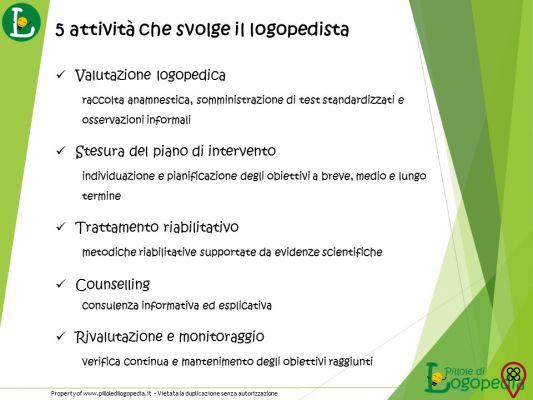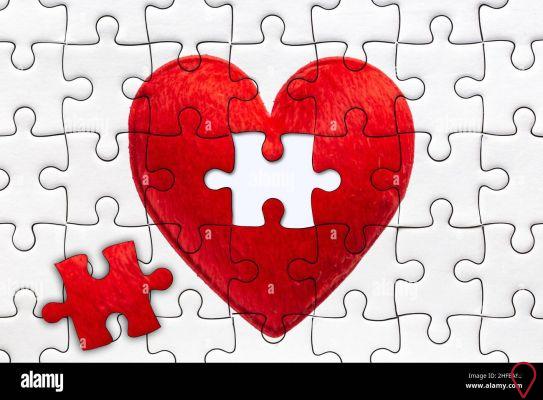Of all the Americas, España is the second country with the highest number of cases of depression. There are approximately 12 million depressed people, which is equivalent to 5,8% of the population.
Despite the worrying numbers, depression is often seen as a lack of will, freshness and even laziness. However, the indisposition caused by the disorder has nothing to do with the feeling of laziness when getting out of bed on a rainy day, for example. In fact, they are quite different things. Find out why in this article.
What is depression?
Depression is a psychiatric illness that causes mood swings, usually marked by intense sadness associated with several other negative feelings. Although it can be triggered by traumatic situations, it does not refer to the passing pain caused by difficult events and may even require the use of medication.
Each case is individual, but there are some types of depression that help psychiatrists define the line of treatment, such as seasonal, dysthymic, atypical, psychotic, mixed or melancholic.
Major depression, the most common and prevalent among patients, is classified into three different degrees or phases: mild, moderate and severe. In the former, symptoms are few and less worrisome, but they increase until they become disabling in the latter.
Therefore, although they can be confused at first, depression is not synonymous with laziness, as we will see below.
What is laziness?
Laziness is a state of mind that causes a lot of sleep or fatigue and makes it difficult to carry out everyday tasks. It's that feeling when you have to get up off the couch to wash the dishes, for example. An indisposition that ends up leading to delay or delay in fulfilling everyday missions.

Despite being socially considered a defect, it can even be good, helping to review the pace at which we have been living life. It's a way for the body to ask for rest when things are too fast.
For psychologist Paulo Emílio Pessoa Lustosa Cabral, from the Institute of Psychology at the University of São Paulo, there are three meanings attributed to laziness. Heroic laziness, which relates leisure to work and creativity; dream laziness, associated with the extremes of “doing nothing”; and laziness-sadness, this, yes, linked to depression and other conditions.
In the latter, laziness appears as a melancholy that prevents the person from focusing on any objective. But, although this also happens in depressed people, the disorder goes much further. Read on to understand how it manifests.
You don't have to go through this alone!
Want to start therapy? Schedule your first free online session now!
What are the signs of depression?
The first signs of depression are deep sadness, for a good part of the time and that lasts for several days, as well as the loss of interest in activities that were previously pleasurable.
However, it can also affect other areas of the body, leading to weight changes (gain or loss), problems with sleep (insomnia or excessive sleepiness), frequent tiredness, exaggerated guilt, difficulty concentrating, suicidal or death-related thoughts, low self-esteem, fluctuations in sexual desire and psychomotor problems such as agitation or apathy.
It is even from this apathy that the association between depression and laziness arises.. For this reason, in the beginning, it can be very difficult for the patient to identify that he is going through this.

In addition to traumatic events, as we said at the beginning of the article, what leads a person to depression are certain systemic diseases, such as hyperthyroidism, the consumption of legal or illegal drugs and the constant use of some types of medication. Genetic factors may also play a role, causing a greater predisposition to develop the disorder.
So, if one of these factors is present in your life, pay attention to the signs. Below, we will begin to understand the differences between harmless laziness and depression.
How do you know if it's laziness?
Laziness usually arises for an apparent motivation, which challenges the condition of inertia of the human being. After a weekend, the person doesn't feel like going back to work. After being sedentary for a long time, she doesn't feel ready to start exercising. What causes laziness is having to make a physical or mental effort, most of the time, unwanted.
Depression, on the other hand, by changing the way we look at life, expands this indisposition even to the things we once wanted. Learn more about this relationship below.
Can depression make a person lazy?
The truth is, yes, depression can make a person lazy. But not necessarily consciously or easily corrected. As the disorder interferes with the understanding of feelings, legal tasks are indifferent; the indifferent, difficult to tolerate; and the bad, intolerable.
When the patient takes time to do a simple daily task, such as taking a shower, for example, he is aware that he is not at his ideal pace, but he does not have the necessary energy to perform it. It goes far beyond a simple “lack of will”. At this time, even judgments hinder more than help.
The opposite, however, is more difficult. See below.
And can laziness make a person depressed?
Not. Laziness itself is not a pathology and is even expected to happen at times in our routine. As we have seen, it can be transient or manifest as a symptom of a disorder. In addition to depression, laziness can be a sign of narcolepsy, (excessive sleep), chronic fatigue syndrome or even problems such as obesity and heart disease, which require greater efforts to perform simple tasks.
After all, what are the most striking differences between them?
So let's review: while laziness arises in getting out of inertia to do some unwanted activity, depression makes all tasks undesirable, causing, in some cases, laziness - which is nothing more than a lack of motivation and energy.
Laziness can be linked to tiredness from a bad night's sleep or the excess of things to do at work, being fleeting and without serious impact on the person's social or professional life.
Depression, on the other hand, is more insistent, lasting a long period, interfering with quality of life and being accompanied by other symptoms, such as feelings of emptiness, sadness, apathy and mood swings. Follow up and find out what to do if you suspect you have a depressive condition.
Depression is a disease and it has a cure!
When this state of melancholy and loss of interest goes beyond two weeks, especially if accompanied by the other symptoms, it's time to turn on the warning signal. Don't believe in society's prejudices that it's just freshness or "mimimi". When in doubt, look for a qualified psychologist and talk about what you're feeling.
You may also like
- 9 things you didn't know about depression
- Discover the symptoms of depression
- See what is the routine of those who suffer from depression and anxiety
Once diagnosed, depression requires medical follow-up. In the milder degrees, psychotherapy, better known as therapy, is capable of yielding good results. The more serious ones may require antidepressants, which are prescribed only after a psychiatrist's evaluation. It is he who will guide the best use to avoid dependence and measure the pros and cons of side effects.
The association of laziness with depression is nothing more than a way of belittling the signs of a disorder that affects thousands of people daily. Don't fall for this chat, look for information about the disease. Depression is no joke. It is real, it is a disease and should be treated with dedication like any other. Don't be ashamed to ask for help.
Want to make an online consultation?
Are you looking for professional help? Find psychologists online at Terapize!

























